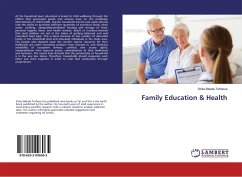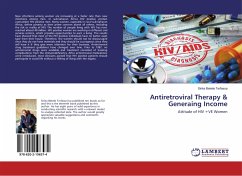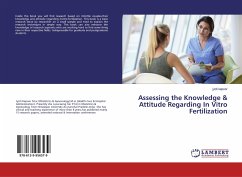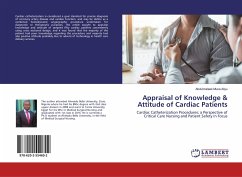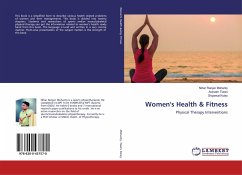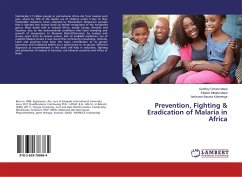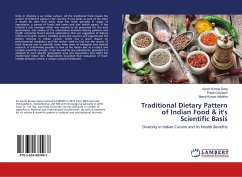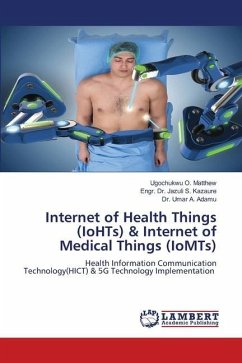At the household level, education is linked to child wellbeing through the effects that purchased goods and services have on the proximate determinants of child health. Greater household income and assets directly raise the ability to purchase sufficient quantities of nutritious foods, clean water, clothing, adequately-ventilated housing, safe storage of food, personal hygiene items, and health services. Result of nutrition showed that most children are not in the status of getting balanced and well nourished food type. This is done because of less number of educated family in the household level and educated individuals in the study area. The people who depend upon the world's marine resources for their livelihoods are under increasing pressure from changes in, and declining availability of ecosystem services, conflicts over access rights, marginalization from resource access, criminalization of their livelihoods and exclusion. The results have showed that the productivity of household is in the very low status. Therefore, households should cooperate each other and work together in order to raise their production through cooperatives.
Bitte wählen Sie Ihr Anliegen aus.
Rechnungen
Retourenschein anfordern
Bestellstatus
Storno

